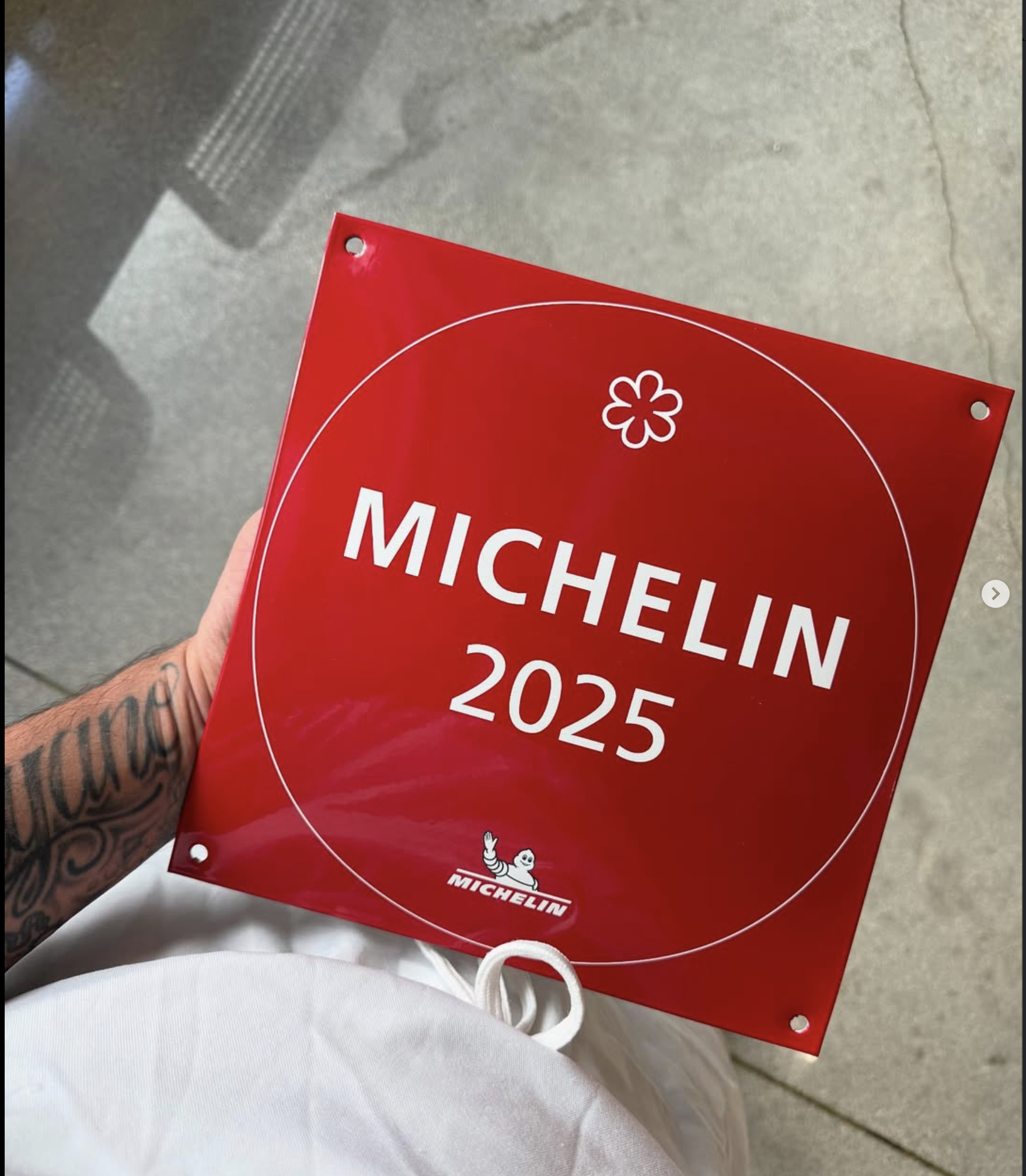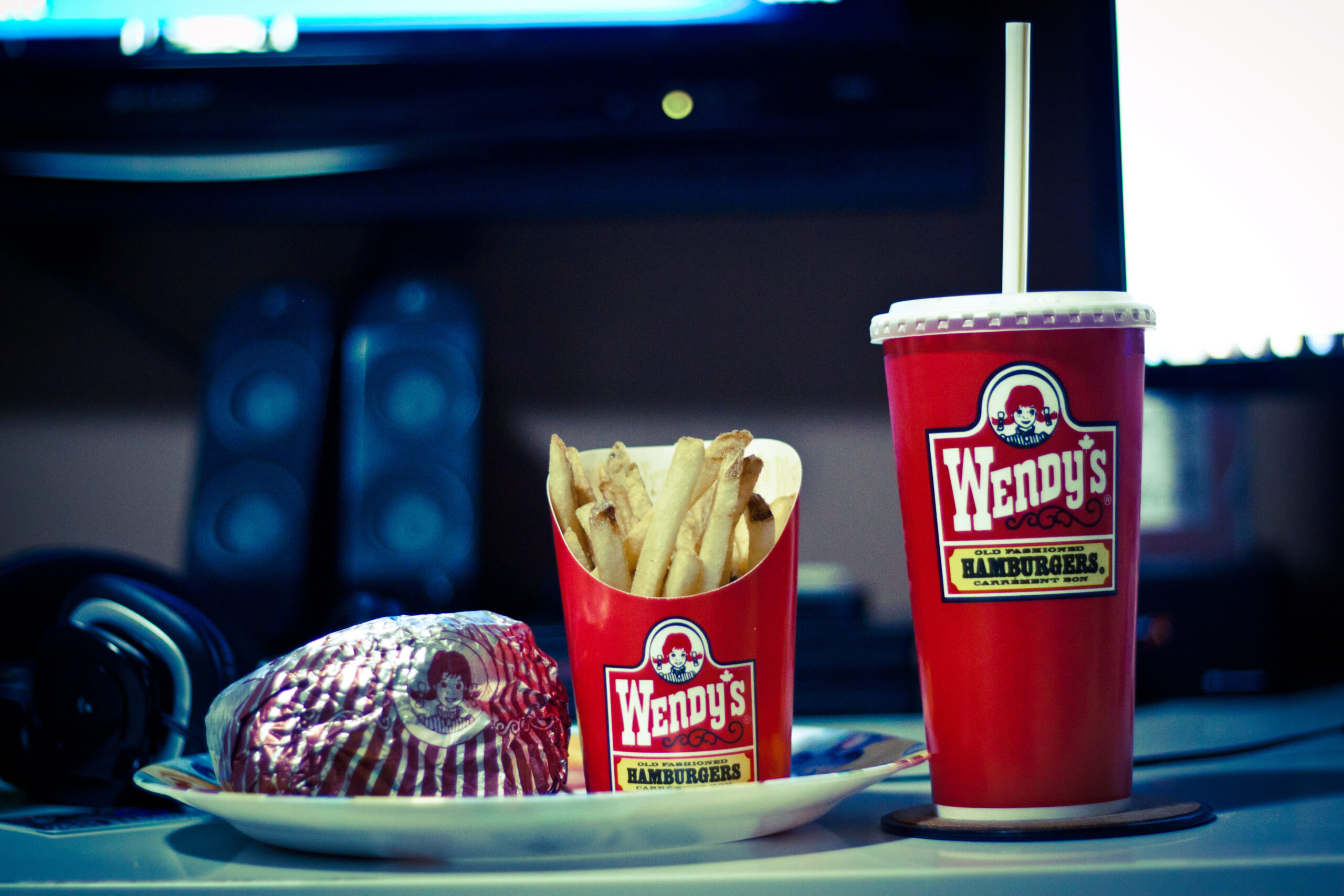Smoke signals turned to legal papers when Weber-Stephen Products launched its “Weber Smoque” pellet smoker line, triggering a federal trademark battle with Chicago’s cherished Smoque BBQ restaurant. Nothing says Chicago-style dispute resolution quite like two barbecue-loving brands trading legal briefs instead of recipe secrets.
Nestled in Old Irving Park’s welcoming embrace, Smoque BBQ has perfected its craft since 2006. Co-owner Barry Sorkin and his team built something rare in Chicago’s competitive food landscape—a neighborhood joint that earned Michelin recognition while keeping its soul intact. Armed with proprietary rubs and smoking techniques passed down through careful experimentation, the restaurant carved out its place among the city’s barbecue elite.
Earlier this year, Weber’s trademark application for “Weber Smoque” pellet smokers caught Sorkin’s attention. The grill manufacturer, ironically sharing Chicago roots with the restaurant, secured preliminary approval from the U.S. Patent and Trademark Office. However, Smoque BBQ argues the phonetic similarity creates dangerous territory for brand confusion, especially when both companies operate in barbecue-adjacent markets.
“Legal proceedings promise to be lengthy and costly,” Sorkin acknowledged, emphasizing concerns about diluting nearly two decades of brand development.
Where Weber sees distinct product categories—grilling equipment versus restaurant services—Smoque BBQ identifies potential marketplace chaos that could confuse loyal customers who’ve supported the restaurant since its early days.
Defending its position, Weber emphasized respect for local entrepreneurship while maintaining its trademark rights. The company noted that federal reviewers found no likelihood of confusion between the marks during their initial assessment. Representatives expressed admiration for Smoque BBQ’s contributions to Chicago’s barbecue culture, suggesting room exists for both brands to thrive without stepping on each other’s territory.
Rallying behind their neighborhood favorite, community supporters launched an online petition that quickly gathered over 400 signatures. “This feels like David versus Goliath,” wrote one petition signer, “but sometimes the little guy with the better flank steak wins.” Local food enthusiasts frame the dispute as a test case for whether shared barbecue heritage should foster cooperation rather than courtroom competition.
Chicago’s barbecue scene thrives on authenticity and community connection, making this legal showdown bittersweet. Whether these two Chicago-born brands find common ground or continue battling over smoke-scented naming rights, the dispute highlights the delicate balance between protecting hard-earned brand identity and maintaining the collaborative spirit that makes food adventures special.


















